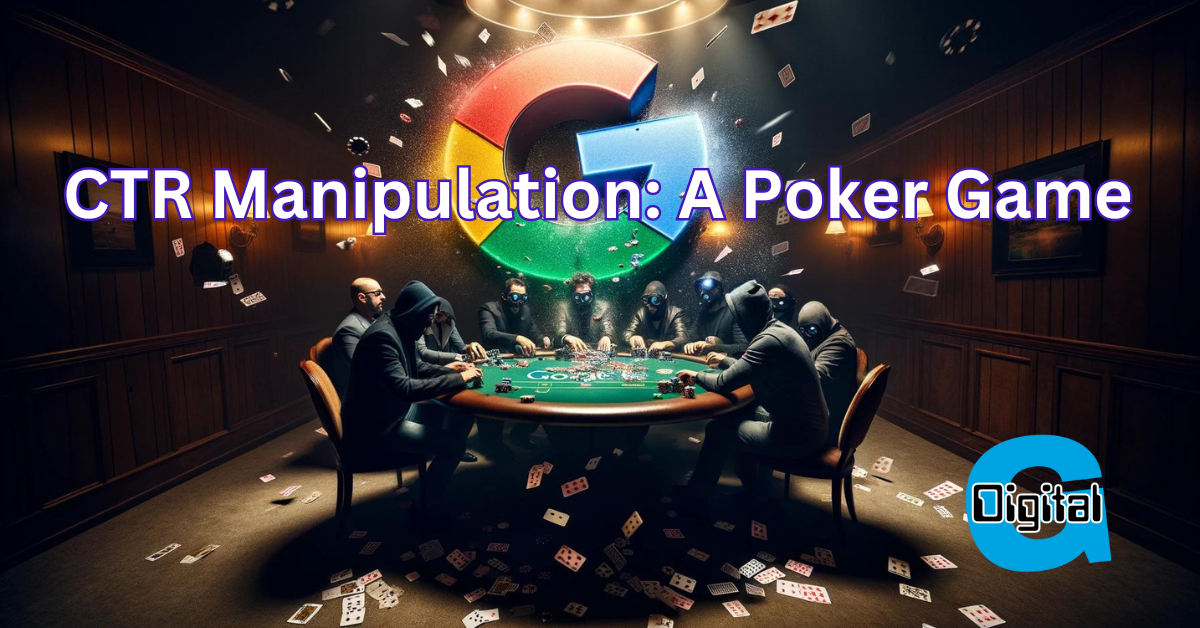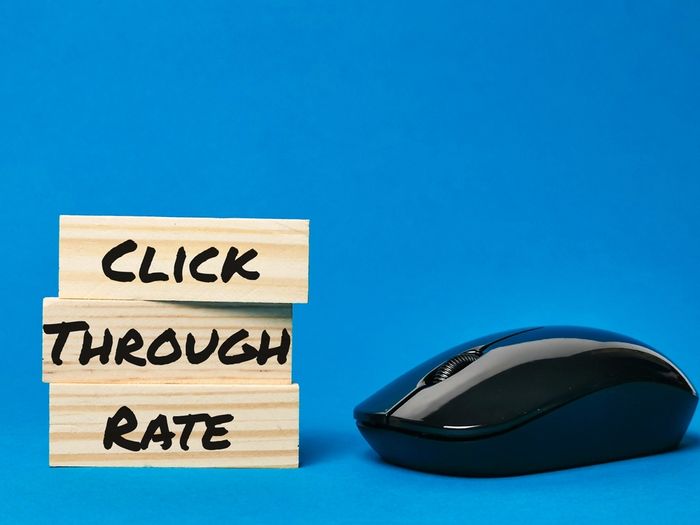Discovering the Connection In Between CTR Adjustment Providers and Individual Habits
In the world of electronic advertising and marketing, the impact of click-through rate (CTR) control solutions on customer habits continues to be a facility and interesting subject. By dissecting the elaborate partnership in between CTR manipulation solutions and customer actions, interesting insights emerge that might improve our understanding of digital advertising and marketing strategies and their results on consumers.
Influence of CTR Control on Habits
Evaluating the impact of Click-Through Rate (CTR) manipulation on individual habits discloses vital insights into the dynamics of online engagement. CTR adjustment entails unnaturally inflating the variety of click a certain link or advertisement to trick individuals and search engines. This practice can lead to an altered perception of a webpage's appeal or importance, eventually affecting customer behavior.

Moreover, CTR manipulation can skew the information utilized by formulas to individualize individual experiences. This can result in individuals being served web content that does not line up with their preferences or rate of interests, ultimately leading to a decline in user contentment and involvement. Comprehending the influence of CTR manipulation on individual habits is crucial for keeping openness and count on on-line communications.
Individual Involvement With Adjusted CTR
Individual involvement with controlled CTR information usually results in skewed understandings of online material appeal and importance. When individuals communicate with web content based on artificially inflated Click-Through Rates (CTR), they might think that certain details, items, or solutions are more preferred or trustworthy than they in fact are. This can result in customers choosing based upon misleading data, bring about possibly negative outcomes.
Involvement metrics like likes, shares, remarks, and time spent on a page are frequently influenced by CTR adjustment. Customers may be extra likely to involve with material that appears to have higher interaction rates, additionally bolstering the cycle of skewed perceptions. Because of this, material makers and advertisers might focus on generating web content that produces high CTR instead of concentrating on creating truly important and appropriate material.

Psychological Impacts of CTR Adjustment

In addition, the mental impacts of CTR adjustment can also manifest in altered decision-making procedures. Individuals may be more likely to site web click on content only based on its perceived popularity, as opposed to its actual worth or significance to their demands. This behavioral shift can result in a surface involvement with on the internet web content, where users might forget top quality however less prominent offerings for those with unnaturally increased CTRs.
Essentially, the psychological ramifications of CTR adjustment highlight the relevance of preserving transparency and credibility in on the internet interactions to promote genuine individual involvement and depend on.
Moral Factors To Consider in CTR Manipulation
Thinking about the honest implications of adjusting click-through rates (CTR) in on the internet systems is critical for maintaining integrity and depend on within the electronic ecosystem. CTR adjustment elevates issues regarding deceiving individuals, misshaping information analytics, and jeopardizing the trustworthiness of on the internet web content. One significant honest factor to consider is the possible influence on user autonomy and decision-making. By unnaturally blowing up CTR, customers might be misled into clicking web links or ads they would not have picked otherwise, bring about a disingenuous online experience. CTR adjustment can skew the efficiency metrics that organizations depend on to make calculated choices, inevitably affecting market competitors and consumer trust.
Another ethical aspect to contemplate is the justness of controling CTR to get an unfair benefit over rivals. Taking part in such techniques not only breaches principles of justice but also undermines the depend on that customers place in online platforms. It is important for organizations and electronic online marketers to maintain moral criteria in their practices to guarantee openness, trustworthiness, and long-lasting sustainability in the online setting.
Implications for Digital Advertising
With the enhancing dependence on electronic platforms for marketing functions, the practice of controling click-through rates (CTR) presents considerable implications for the effectiveness and stability of digital advertising and marketing approaches. CTR manipulation can bring about manipulated information from this source analytics, misdirecting online marketers right into believing that their campaigns are doing far better than they in fact are. This can cause misallocation of sources, with companies purchasing underperforming approaches based upon falsified CTRs. In addition, when users understand that CTRs have actually been manipulated, it can deteriorate trust in the brand name, bring about lasting negative effects for customer commitment and brand credibility.
Additionally, the usage of CTR manipulation services can develop an unjust competitive landscape, where business that participate in such techniques obtain an artificial advantage over those that abide by honest marketing criteria. This can stifle technology and creativity in electronic marketing, as success comes to be more about control methods than supplying authentic worth to customers. Eventually, the implications of CTR manipulation for digital marketing prolong past temporary gains, affecting the overall sustainability and reputation of advertising and marketing efforts in the electronic realm.
Verdict
To conclude, the relationship in between CTR manipulation services and individual actions is complex and complex. The effect of CTR control on actions, user interaction with adjusted CTR, emotional results, ethical factors to consider, and implications for go to this website digital advertising all contribute fit this partnership. Understanding these characteristics is crucial for marketing professionals and scientists alike in order to browse the honest implications and maximize the effectiveness of their electronic marketing strategies.